Researchers find the sweet spot between strength and biocompatibility in these tiny cell-carrying microrobots.
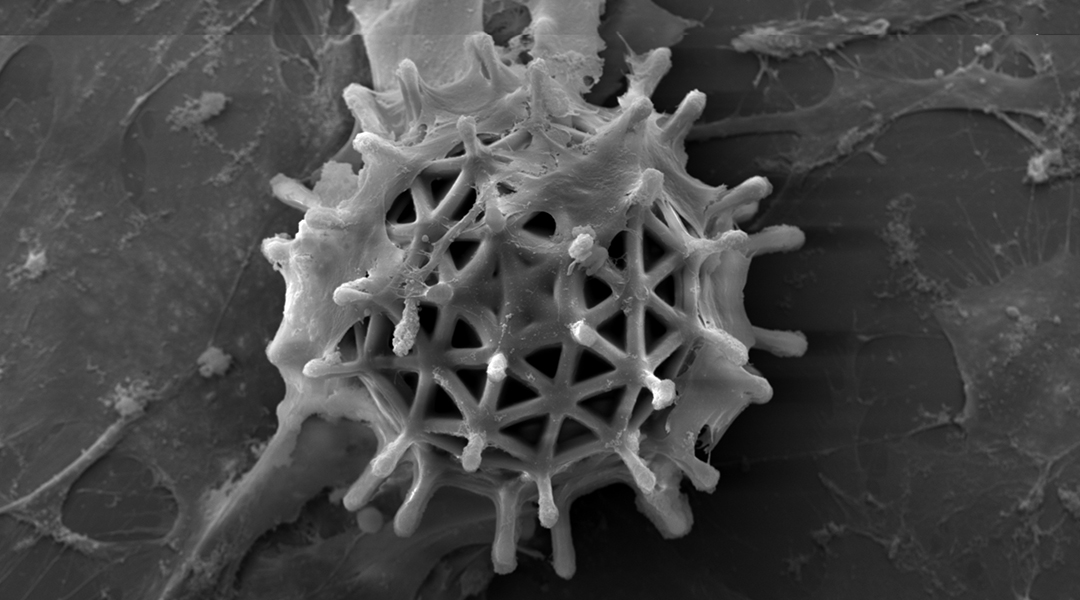

Researchers find the sweet spot between strength and biocompatibility in these tiny cell-carrying microrobots.
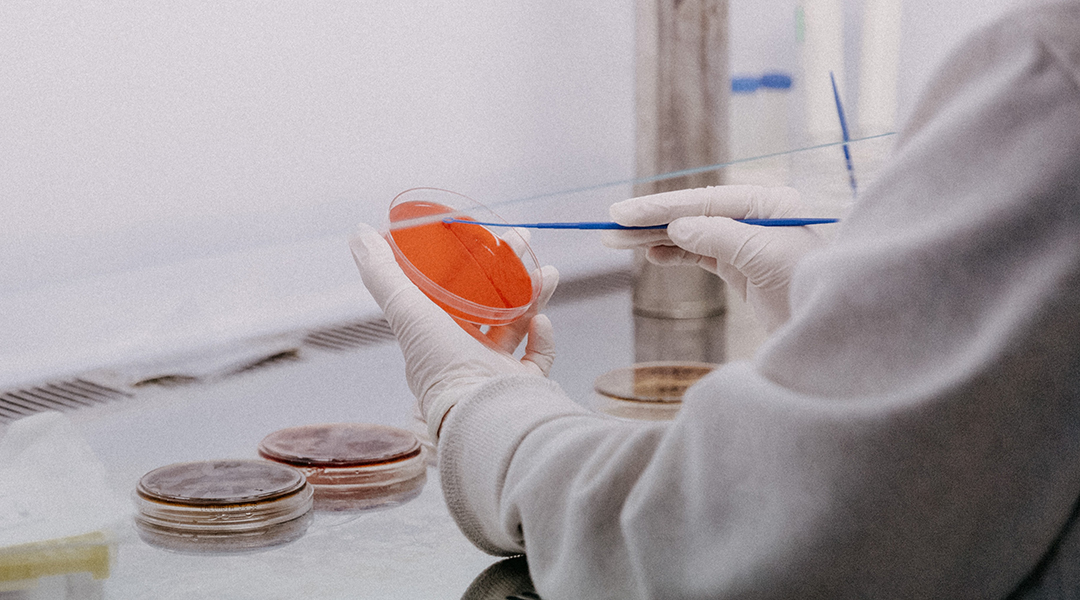
Large-scale recoding of virus genomes has the potential for use in vaccine design.
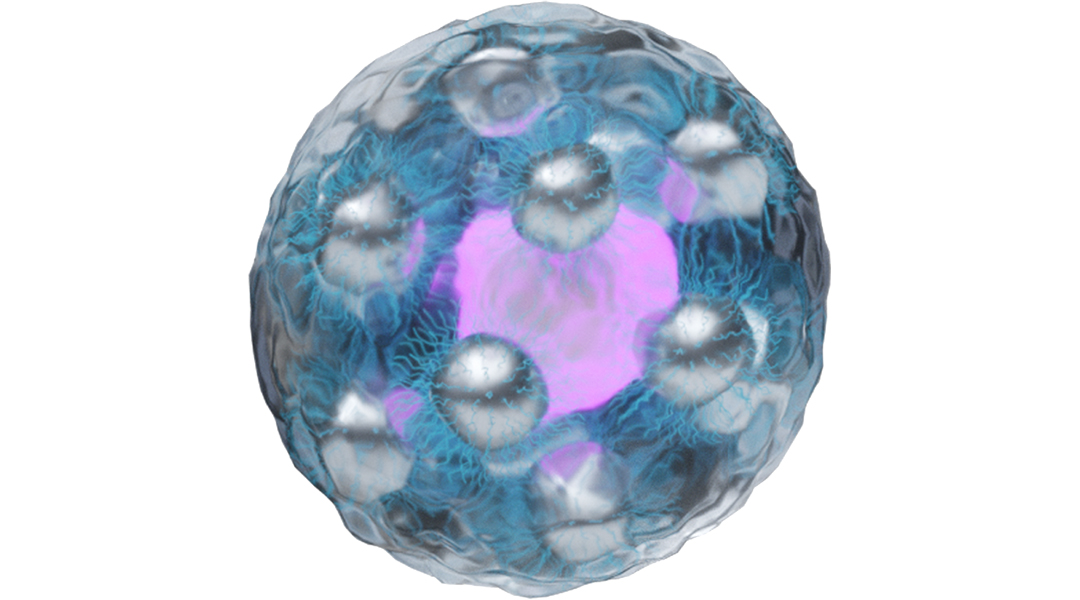
A minimally invasive method holds promise for the treatment of neurological disorders and injury.
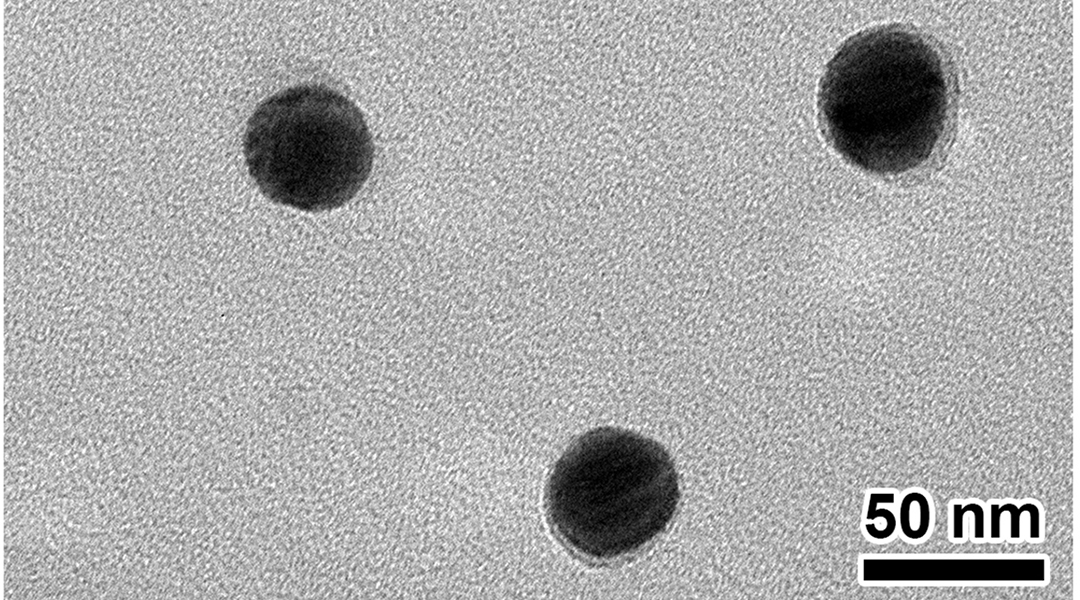
Scientists are looking to improve the outlook for patients with bladder cancer by advancing a laser-based photothermal therapy.
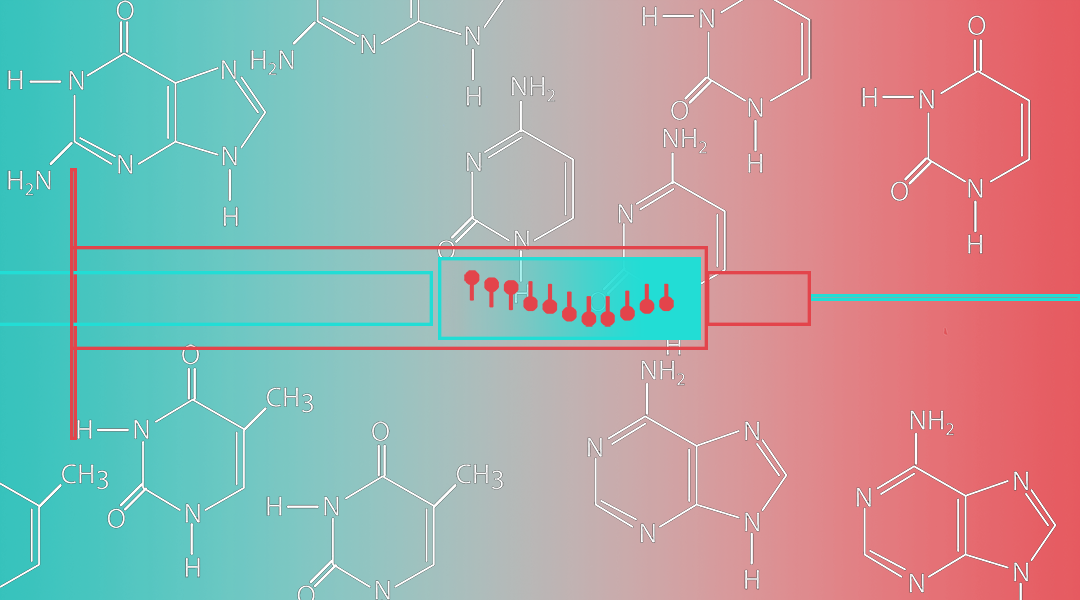
With a long history of development, mRNA vaccines are finally making their debut and changing the face of the COVID-19 pandemic.
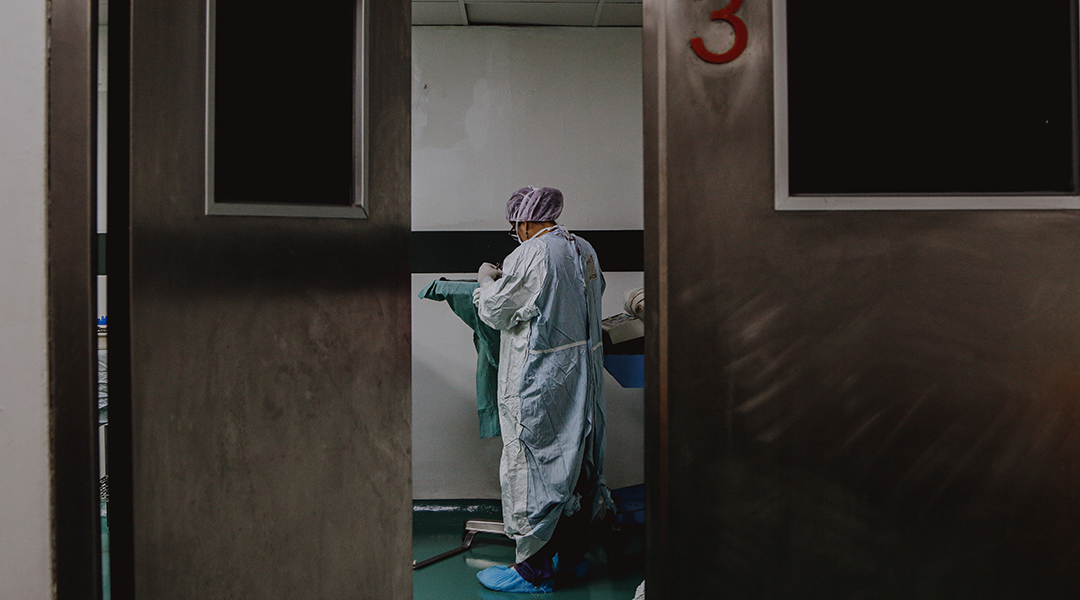
Small clinical trial has found that metabolic activators can improve recovery, liver health, and markers of inflammation in patients with COVID-19.
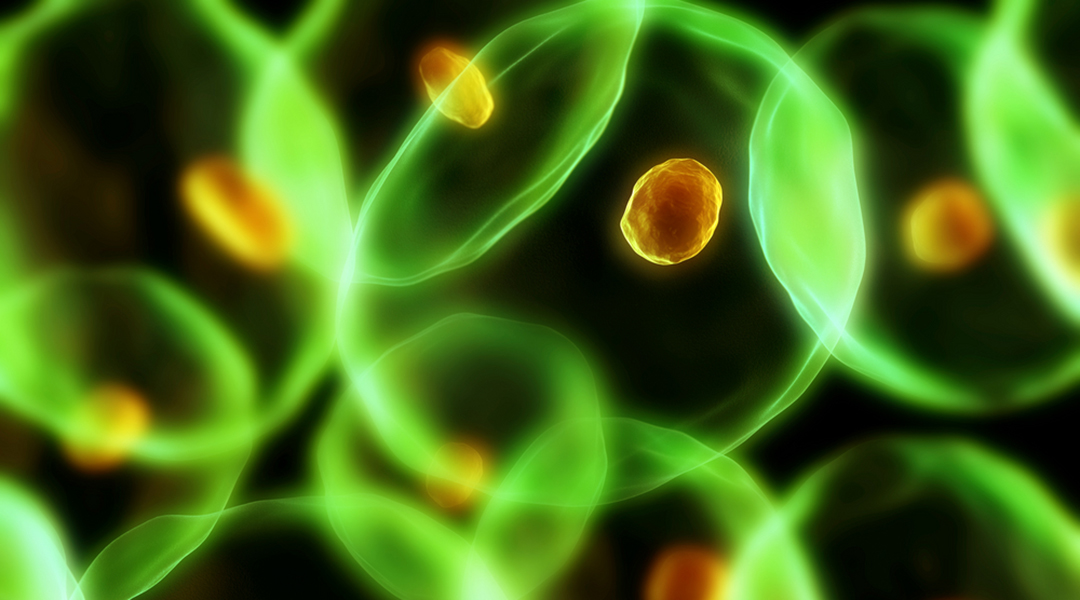
The device could improve personalized medicine by detecting whether a specific drug is likely to work for a patient before it is administered.
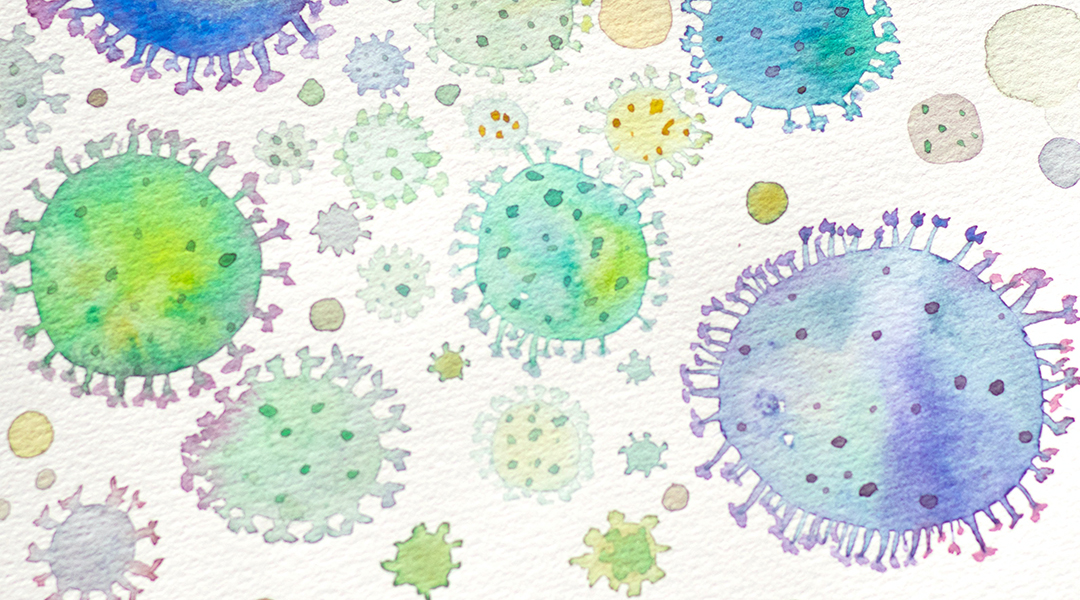
A polymer composite spray was shown to not only limit SARS-CoV-2 infection, but also hinders transmission in this proof-of-concept study.
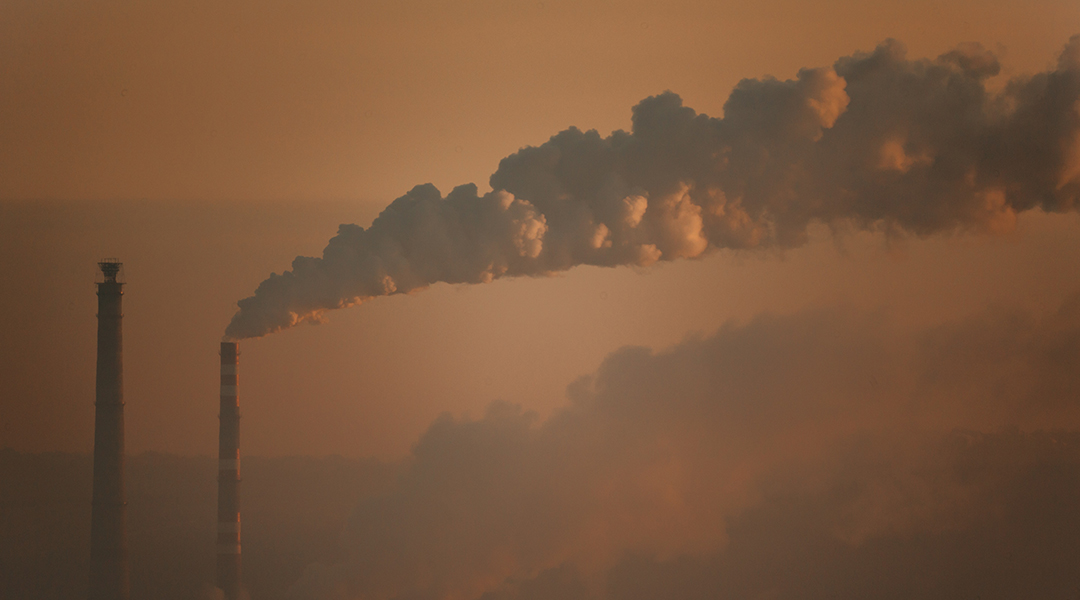
Can the Australian bushfires and global pandemic convince us to change our ways?
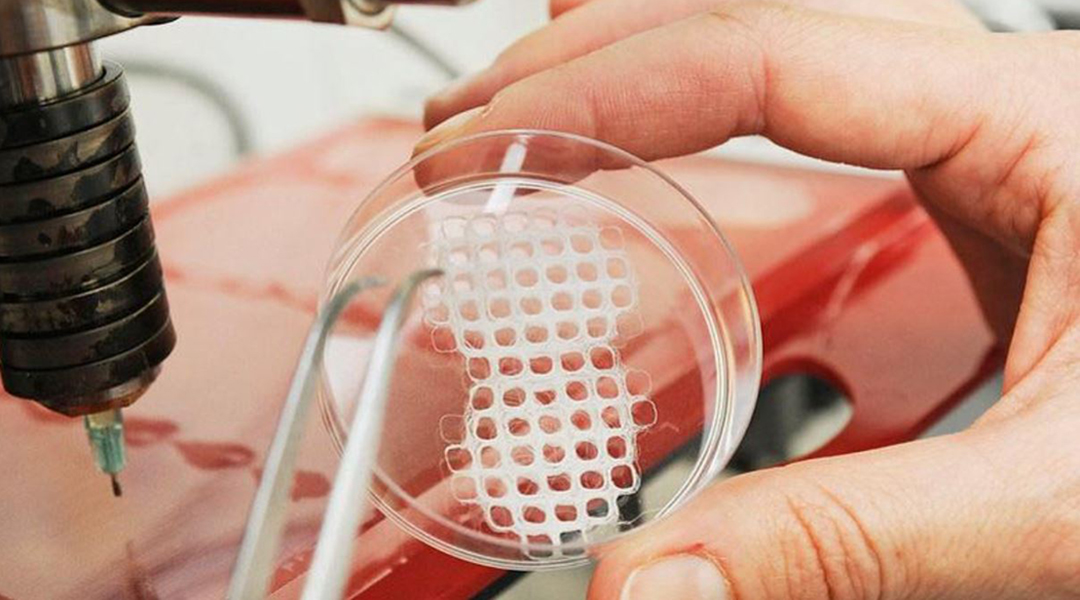
Machine vision and artificial intelligence can fine tune medical 3D printers to enable custom made tissue implants to suit the individual patient.